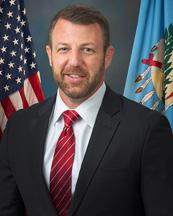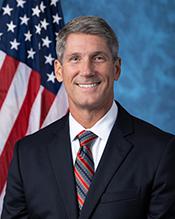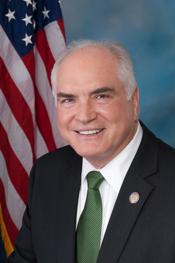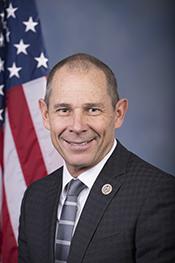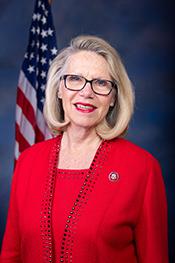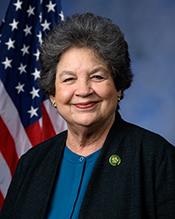H.R. 854: Decreasing Emergency Railroad Accident Instances Locally Act
This bill, known as the Decreasing Emergency Railroad Accident Instances Locally Act (DERAIL Act), aims to enhance safety regulations related to the transportation of hazardous materials by trains. The primary components of the bill are as follows:
Modification of High-Hazard Flammable Train Definition
The bill mandates the Secretary of Transportation to update the definition of a "high-hazard flammable train" within 90 days of the bill's enactment. The new definition will apply to a train carrying:
- One or more loaded tank cars containing Class 3 flammable liquids, such as gasoline or diesel fuel, or
- Class 2 flammable gases, like propane, along with any other materials deemed necessary for safety by the Secretary.
Reporting Requirements for Toxic Materials
The bill introduces stricter reporting requirements for train derailments involving materials that are toxic when inhaled. Specifically:
- Railroad carriers must report to various authorities, including the National Response Center, State officials, local officials, and Tribal governments, within 24 hours of any train derailment that involves toxic inhalation materials.
- This ensures that local and state governments are promptly informed about potential hazards to public safety following such incidents.
Clerical Amendments
The bill also includes clerical amendments to the existing regulations in Chapter 209 of Title 49 of the U.S. Code, incorporating the new reporting requirement for accidents involving toxic materials.
Impact and Implementation Timeline
The bill emphasizes a swift implementation of the updated regulations, particularly for the definition of high-hazard flammable trains, which must occur within a three-month timeframe after the bill becomes law. This focus on a quick response aims to enhance public safety and preparedness in the event of railway incidents involving hazardous materials.
Relevant Companies
- UNP - Union Pacific Corporation: As a major freight railroad operator, Union Pacific could see increased operational adjustments and compliance costs due to the new regulations regarding high-hazard flammable trains and reporting requirements.
- CSX - CSX Corporation: Similar to Union Pacific, CSX, as another significant freight transportation service, would likely need to adapt to the new definitions and may have increased reporting responsibilities following any incidents involving toxic materials.
- BRK.B - Berkshire Hathaway Inc. (BNSF Railway): As the owner of BNSF Railway, Berkshire Hathaway could be affected by the potential costs associated with compliance and adjustments in the way hazardous materials are reported and managed during transport.
This is an AI-generated summary of the bill text. There may be mistakes.
Sponsors
17 bill sponsors
-
TrackChristopher R. Deluzio

Sponsor
-
TrackBrendan F. Boyle

Co-Sponsor
-
TrackGreg Casar

Co-Sponsor
-
TrackMadeleine Dean
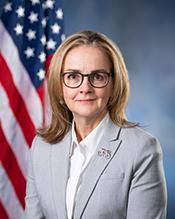
Co-Sponsor
-
TrackLloyd Doggett

Co-Sponsor
-
TrackDwight Evans
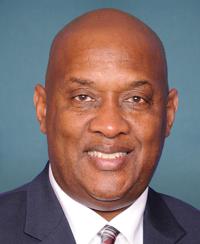
Co-Sponsor
-
TrackAl Green

Co-Sponsor
-
TrackRo Khanna

Co-Sponsor
-
TrackSummer L. Lee

Co-Sponsor
-
TrackMike Levin
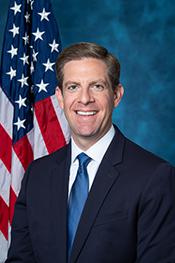
Co-Sponsor
-
TrackTed Lieu
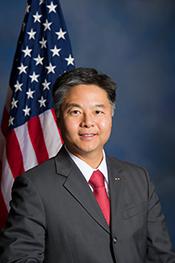
Co-Sponsor
-
TrackGwen Moore

Co-Sponsor
-
TrackIlhan Omar

Co-Sponsor
-
TrackBrittany Pettersen

Co-Sponsor
-
TrackPatrick Ryan
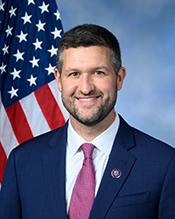
Co-Sponsor
-
TrackJanice D. Schakowsky

Co-Sponsor
-
TrackHaley M. Stevens

Co-Sponsor
Actions
3 actions
| Date | Action |
|---|---|
| Feb. 01, 2025 | Referred to the Subcommittee on Railroads, Pipelines, and Hazardous Materials. |
| Jan. 31, 2025 | Introduced in House |
| Jan. 31, 2025 | Referred to the House Committee on Transportation and Infrastructure. |
Corporate Lobbying
0 companies lobbying
None found.
* Note that there can be significant delays in lobbying disclosures, and our data may be incomplete.




